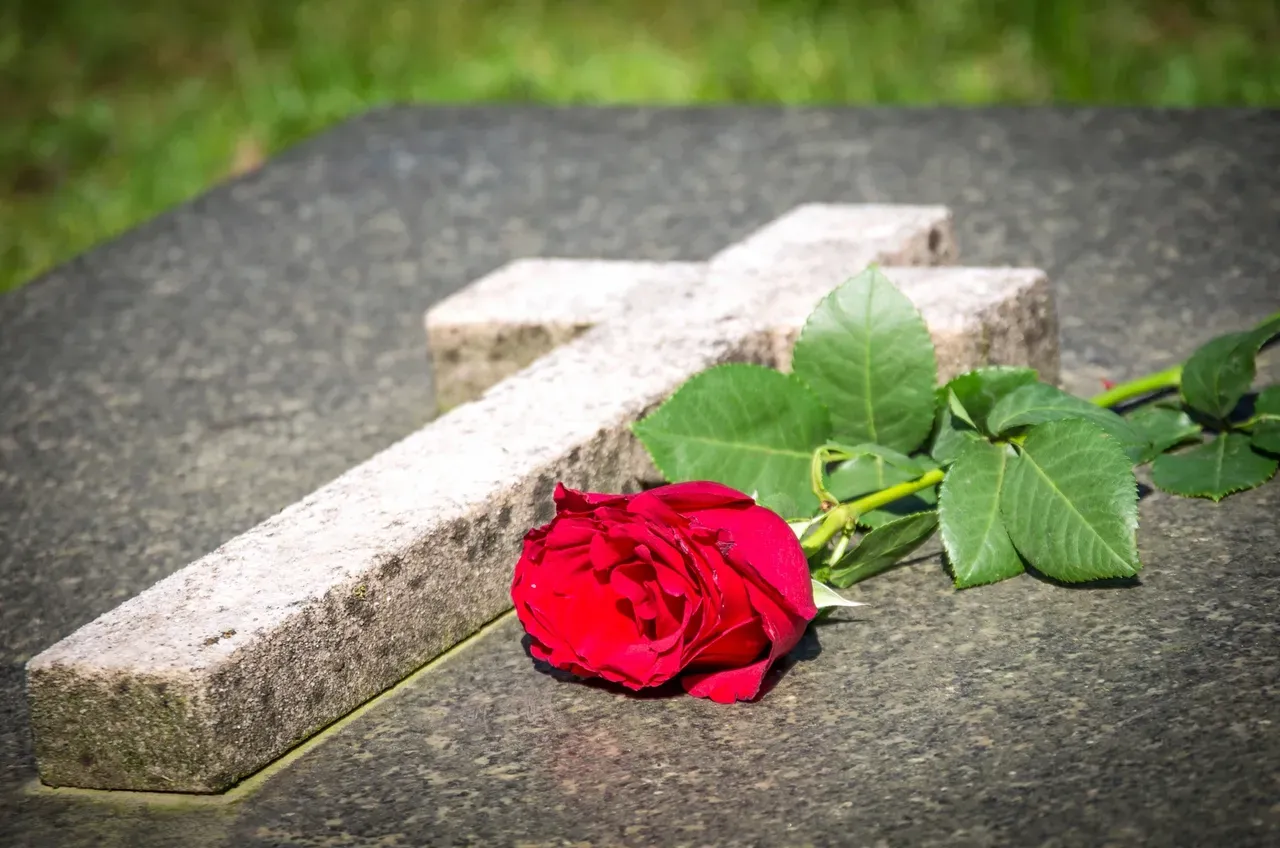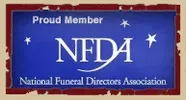What To Do When Someone Dies
Whether you received a phone call with news of an unexpected death or shared your loved one's final moments of a long illness, your initial reaction to the death was likely shock. It never seems to matter how long we have with our loved ones or how "prepared" we are or aren't, the death of a loved often leaves us feeling numb and confused about what to do next. If you're responsible for making the funeral arrangements or executing the will, shock and grief can be immobilizing. Even simple decisions can be overwhelming. Here is a link to a helpful site about dealing with grief: click here and below are additional helpful suggestions. Another helpful site on funeral basics can be found here.
Making The First Phone Calls
What to do first depends on the circumstances of the death. When someone dies in a hospital, nursing home, or assisted living facility, the staff will usually take care of some arrangements, such as contacting the funeral home you choose. You will need to notify family, friends, and clergy. You may want to call other relatives or friends and ask them to make a few calls, so the burden isn't all on you. Just be sure everyone knows specifically who to contact so there aren't any repeat phone calls. If you are alone, ask someone to keep you company while you make these calls and try to cope with the first hours after the death.
When Someone Dies At Home Or At Work
If the death occurs under the care of a Hospice Organization, contact the Hospice Organization. If a person dies at home or at work and is not on a Hospice program, call 911. The coroner will be contacted and will go to the place of death along with the police and possibly an ambulance. The coroner and police will have to conduct an investigation. After the coroner's examination, they will contact the funeral home of your choice to come to the place of death and transport the deceased back to the funeral home or to a hospital for an autopsy, depending on the circumstances of the death. If your loved one was under medical care, be sure to notify the doctor. If you don't know the doctor's name, look for prescription bottles or medical bills.
Call The Funeral Director
Whatever the circumstances of death, one of your first calls should be to a licensed funeral director. We will come to the place of death and will visit with the family to answer any questions they might have and offer comfort during a difficult time before transporting the deceased to the funeral home. During this first visit we will set a day and time with the family for them to come to the funeral home and make the arrangements for the funeral. During this arrangement conference we will:
- Gather vital statistic information for the death certificates
- Set a day and time for the funeral, memorial and/or burial service
- Help prepare the obituary
- Help select a casket, vault, and/or urn
- Offer ways to personalize the service
- Help carry the burden of death and walk with you through this process
Call The Employer
If your loved one was working, you'll need to call his or her employer immediately. Ask about the deceased's benefits and any pay due, including vacation or sick time, disability income, etc. Ask if you or other dependents are still eligible for benefit coverage through the company. Ask whether there is a life insurance policy through the employer, who the beneficiary is and how to file a claim.
Call The Life Insurance Company
Look through the deceased's paperwork for the life policy. Call the agent or the company and ask how to file a claim. Usually, the beneficiary (or the beneficiary's guardian, if a minor) must complete the claim forms and related paperwork. You'll need to submit the death certificate and a claimant's statement to establish proof of claim.
Call Social Security & Other Organizations
We will notify Social Security of the death. If your loved one was covered, the spouse or dependents may be eligible for certain payments or benefits, so it is still important for you to call to find out if there are any benefits available for you. Also call any unions, professional or service organizations your loved one belonged to. He or she may have had life insurance or other benefits through these organizations.
Gather Important Papers
Of course, the first thing you may be looking for when someone dies is the will or trust. But remember to gather other important papers, such as deeds, business agreements, tax returns, bank accounts, earnings statements, birth and marriage certificates, military discharge papers, Social Security Number, vehicle registration, loan payment books, bills, and any other important papers pertaining to your loved one's affairs. You'll need these to file a final tax return and settle the estate; you may want to consult an accountant.
Executing The Will
If you were named the executor of your loved one's will, you've got more work to do. First, you'll need to file a probate case with the court. Although an attorney isn't required in most states, you'll probably want to hire one who is experienced in probate. You may choose to hire the lawyer who prepared the will, but that isn't necessary.
Depending on the specifics of the estate, probate can be complicated and lengthy. As executor, you'll be responsible for carrying out your loved one's wishes according to the will, paying creditors and balancing the estate.
Dying Intestate - Without A Will
If someone dies without a will - dying intestate - the court will appoint an administrator. The appointed administrator's responsibilities will be similar to those of an executor.
Accessing Bank Accounts
If you have a joint account with the deceased you may be able to conduct business as usual. Otherwise, normally only the will's executor or administrator can access the account after providing the required paperwork to the bank. Call or visit the bank to find out what is required.
Finding Help
Wrapping up your loved one's affairs can be tedious and stressful. Find guidance you can trust to help you work out the details, such as a funeral director, accountant, attorney, grief counselor and/or clergy to help you manage the legal, financial and emotional issues the death of a family member can bring.
We'll be there when you need us.
Send us a message.


